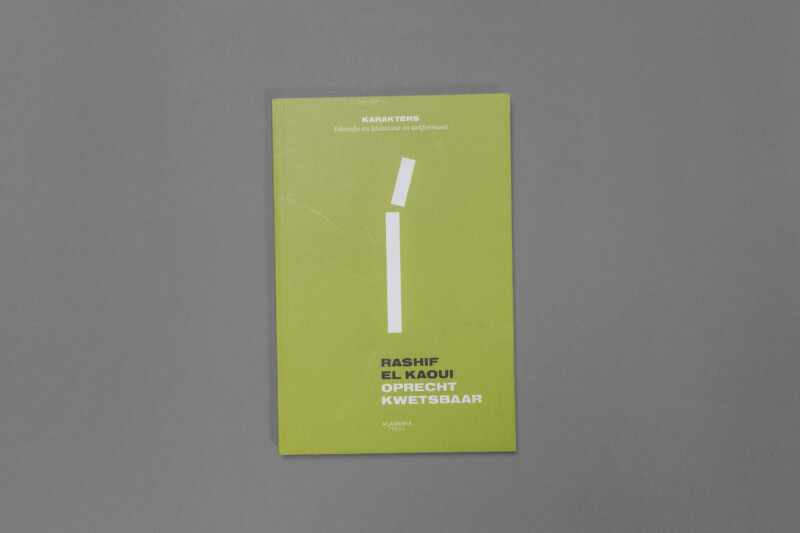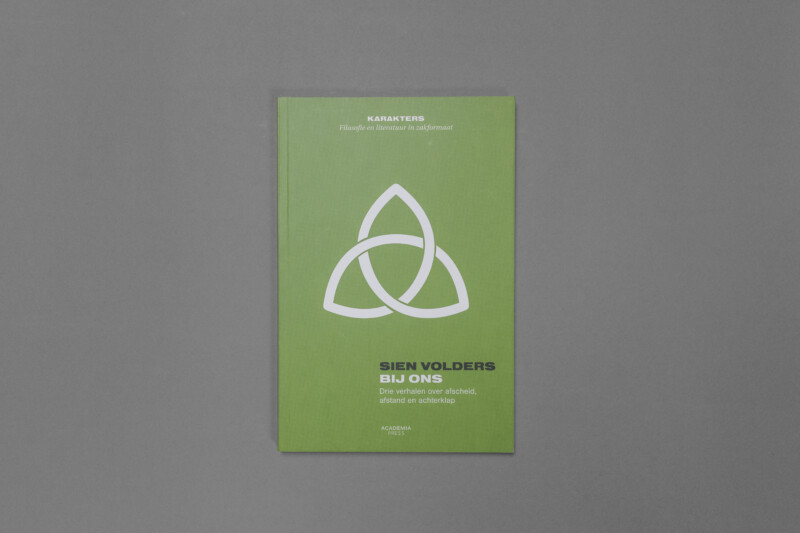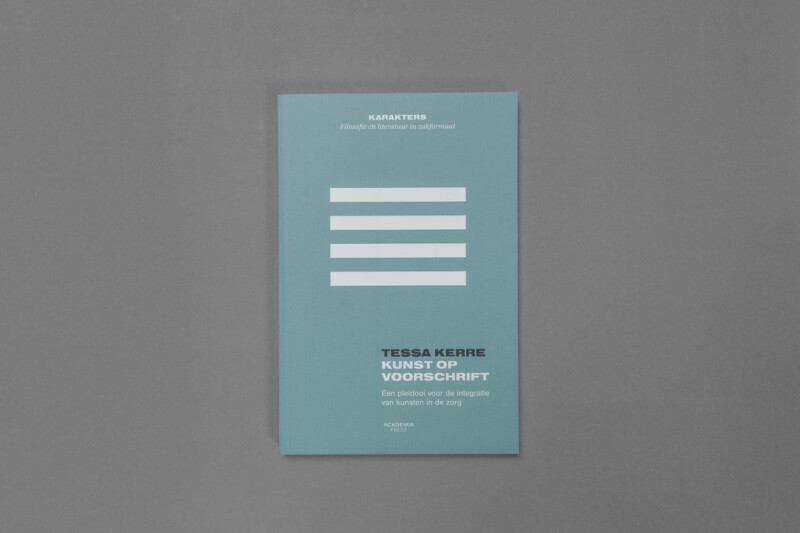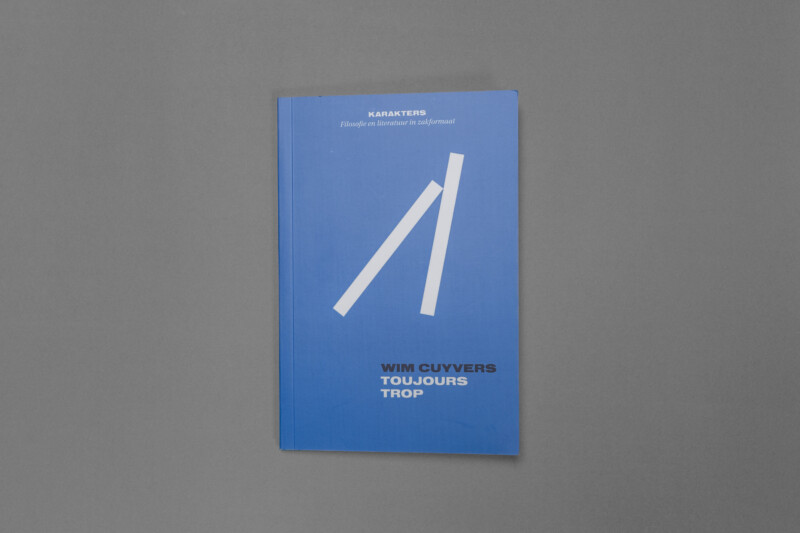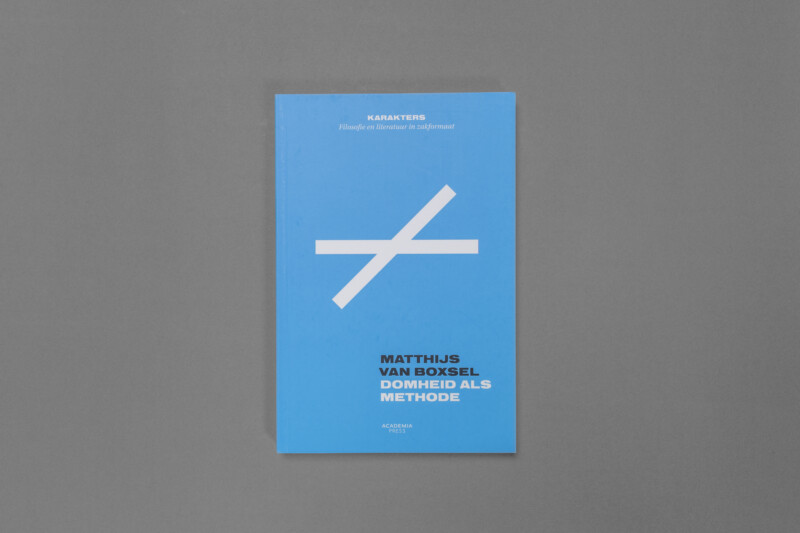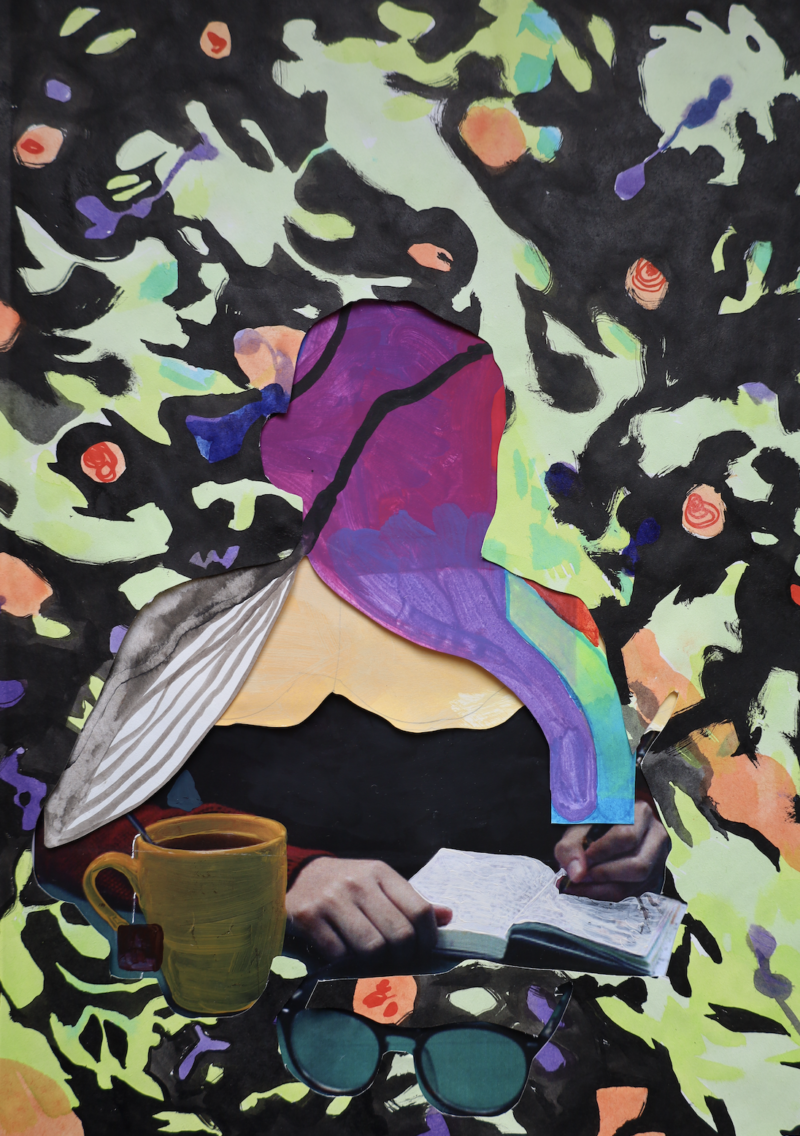
09.11.23, 19:30, Rosemarie Garland-Thomson
According to the Flemish organisation Fara, we terminate 90 to 95% of all pregnancies in which a disability is identified. Fetuses with disabilities can be aborted well beyond the limit that applies to other fetuses. In Belgium, we are not allowed to (de)select a child based on any other identity characteristic protected by equal opportunities legislation (such as gender or skin color). Why is this allowed with disabilities then? Is selective termination on the basis of disability a form of reproductive freedom for people who are pregnant or a form of discrimination against people with disabilities?
Starting from the North-American context, Rosemarie Garland-Thomson explores the complex moral, ethical, political, social, and individual situation pregnancy presents when prenatal testing indicates a risk for disability in the future child. Healthcare practices and policies often face conflicts of interests between specific people and also between individuals and the common good. An action, perhaps especially a medical treatment, may benefit one person but may harm another. A healthcare treatment can benefit the common good, but harm an individual or a community. The practice of selective testing and the option for termination on the basis of risk for delivering a child with a disability presents a medical case study concerning this ethical dilemma between benefit and harm for individuals and communities. Garland-Thomson’s lecture will offer a framework about the ethical, social, and political commitments of modern liberal democracies to equality, life, self-determination, and protection from harm.
After her lecture, Garland-Thomson will talk to writer and disability studies researcher Piet Devos.
- Rosemarie Garland-Thomson is professor emerita of English and bioethics at Emory University. Her expertise in disability bioethics, critical disability studies, and health humanities brings disability culture, ethics, and justice to a broad range of institutions and communities. She is co-editor of ‘About Us: Essays from the New York Times about Disability by People with Disabilities’ and author of ‘Staring: How We Look’ and several other books.
- Piet Devos is a writer and disability researcher. After having completed his training as a translator in French and Spanish in Antwerp and a research master’s degree in literary studies in Leiden, Piet obtained his PhD in Groningen in 2013 with a dissertation on sensory perception in poetry. During a postdoc in Montreal, he further focused on Disability Studies, and in particular on the aesthetics of the ‘imperfect’ body in art and literature. His own blindness provides a critical lens and source of inspiration. Nowadays Piet works as a guest speaker and teacher, but he also uses other forms of media such as video and podcast. His previous work on eugenics, genetics and disability includes the essay ‘Langs bloedbanen’ (Along bloodstreams) and the eight part video series ‘Gesprekken over (on)maakbaarheid’ (Conversations about (un)malleability.).
On accessibility: The entrance from the street has an entrance shaft with a push button. There is a lift to the 2nd floor. The Balzaal hall is accessible to persons in wheelchairs. Both the talk and the discussion afterwards will be accompanied by a sign language interpreter. Those with further questions about accessibility arrangements can contact the organisation: anais.vanertvelde@hogent.be.
Sint-Pieternieuwstraat 23
9000 Gent




